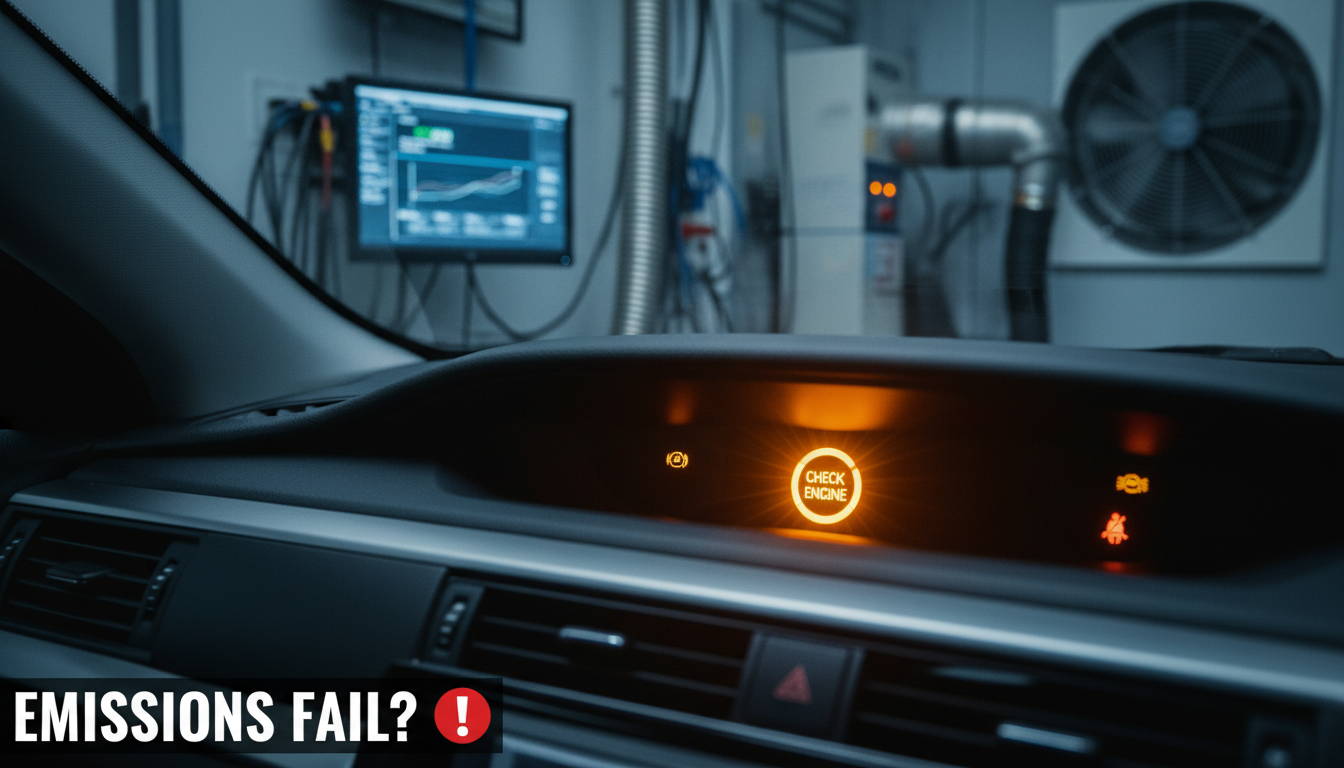Tinting the windows of your car is a popular way to enhance its appearance, protect the interior from harmful UV rays, and provide privacy.
However, if you’re leasing your car instead of buying it outright, you may wonder if window tinting is permitted under your lease agreement.
Can you legally tint the windows of a leased car without violating the terms of the lease or facing penalties?
In this blog, I will provide an in-depth look at whether you can tint a leased car, the potential consequences, and what to consider before proceeding.
I’ll also cover key factors such as lease agreement restrictions, state laws, and tips to ensure you make the right decision. By the end of this blog, you’ll have a clear understanding of how to tint your leased car without running into problems.
Can You Tint a Leased Car?

In short, yes, you can tint the windows of a leased car, but there are several important factors to consider before you proceed.
Just because it’s possible doesn’t mean it’s always the best option for you, especially considering potential penalties when returning the car at the end of your lease.
Whether or not you can tint your leased car legally and without facing penalties depends on your lease agreement, state laws regarding window tinting, and how you approach the modification.
It’s important to weigh the benefits of tinting against the risks, ensuring you follow the proper steps to avoid unexpected costs when the lease ends.
Why Your Lease Agreement Matters Before Window Tinting
Before tinting a leased car, review your lease agreement. Many contracts restrict modifications, like window tinting or custom wheels, to preserve the vehicle’s original condition for resale or re-lease.
1. Review Your Lease Agreement
Most lease agreements have a clause that prohibits making permanent alterations or modifications to the vehicle without the lessor’s permission.
Since tinting is considered a modification, it’s crucial to ensure that this alteration is allowed.
If the lease explicitly bans modifications, installing window tint without approval could result in penalties when you return the car.
In some cases, the leasing company may charge you for any restoration work needed to remove the tint and return the car to its original state.
2. Contact Your Leasing Company
If you’re uncertain about the terms in your lease agreement, the safest course of action is to contact the leasing company directly.
Some companies may be flexible and allow certain modifications, including window tinting, as long as you return the car to its original condition at the end of the lease.
On the other hand, some companies may have strict rules prohibiting modifications altogether. Always get confirmation from the leasing company in writing to avoid misunderstandings.
3. Temporary or Reversible Tint Options
If you really want to tint your car’s windows, you could consider temporary or reversible tinting options. Many window tinting shops offer films that are removable and won’t cause damage to the windows.
These types of tints can be applied easily and taken off before returning the car, ensuring that you comply with the lease’s terms.
This is a great way to enjoy the benefits of tinted windows without violating your lease agreement.
4. Modifying the Car at Your Own Risk
While some leasing companies might allow tinting, they may require you to pay for any restoration work before you return the car.
This is something to consider carefully. If you go ahead with tinting and don’t remove it before returning the car, you could face fines or even a reduction in your security deposit.
You may also be required to pay for the cost of restoring the windows to their original condition. Always weigh the cost of tinting against the potential penalties for non-compliance.
Understanding State Regulations on Window Tint
Before tinting your leased car, be sure to check the state laws, which regulate the darkness of tint and which windows can be tinted. Most states have specific limits on light transmission, especially for the front windshield and front side windows.
- Legal Tint Darkness: Each state has different regulations on how dark your window tint can be. Ensure you comply with your state’s laws to avoid fines or penalties.
- Front Windows vs. Rear Windows: Some states allow darker tints on rear windows but restrict tint darkness on front windows. Always check the specific regulations for your area.
- Professional Installation: Hiring a professional ensures the tint is applied correctly, meeting legal standards and avoiding issues like bubbles, streaks, or damage to the windows.
- Exemptions for Medical Conditions: Some states allow exemptions for individuals with medical conditions that require darker tints for health reasons. Be sure to check if your state offers this exemption and obtain the necessary documentation to avoid issues with the law.
- Tinting Permits and Certifications: Certain states may require permits or certifications for window tinting. Before proceeding, check if you need special approval or if the tint installer is required to provide certification to comply with local regulations.
Why Tinting Your Lease Might Not Be Worth It
While it’s possible to tint a leased car, there are inherent risks involved. Beyond violating the lease agreement, here are a few additional risks you should consider:
- Decreased Car Value: Some leasing companies may charge you if the modifications affect the car’s value. If you don’t remove the tint before returning the vehicle, it could be considered a non-standard feature, which may lower the resale value of the car.
- Repair or Removal Costs: If you decide to remove the tint before the lease ends, it can be a costly process. Professional removal can run you hundreds of dollars, especially if the tint is old, has bubbles, or has been improperly installed. Many people choose temporary tints as they avoid the hassle and cost of removal.
- Potential Fines or Penalties: As previously mentioned, violating your lease agreement can result in fines or penalties. Even if you tint your car legally and within state regulations, failing to adhere to the leasing company’s rules can cause unnecessary expenses and frustration.
What Happens When the Lease Ends?
At the end of your lease term, you must return the car in its original condition. If you have tinted windows, the leasing company may ask you to remove the tint before returning the vehicle.
If the tint is permanent or cannot be easily removed, you could be charged for the cost of restoring the windows to their original state.
This could include professional removal fees or a reduction in your security deposit.
To avoid these charges, it’s best to either use removable tint or ensure that you can restore the windows to their factory condition before the lease ends.
Additionally, failure to remove the tint could lead to penalties or fees beyond just restoration costs. It’s important to plan ahead and ensure the vehicle is returned to its original condition to avoid unexpected charges at the end of your lease.
Conclusion
Tinting a leased car is possible, but you must be careful not to violate your lease agreement or state laws.
Always review the terms of your lease, check for legal tinting requirements, and consider using temporary options that can be removed when the lease term ends.
By taking these steps, you can enjoy tinted windows without facing penalties when it’s time to return your car.
If you’re in doubt, always check with your leasing company first to avoid any unwanted surprises.
Taking the time to understand your lease agreement and local laws will help you enjoy the benefits of window tinting without complications.
By being proactive, you can keep your leased car in top condition and avoid any unexpected costs or penalties when the lease ends.
Ultimately, staying informed and following the right steps will ensure that you make the best decision for your leased vehicle.








